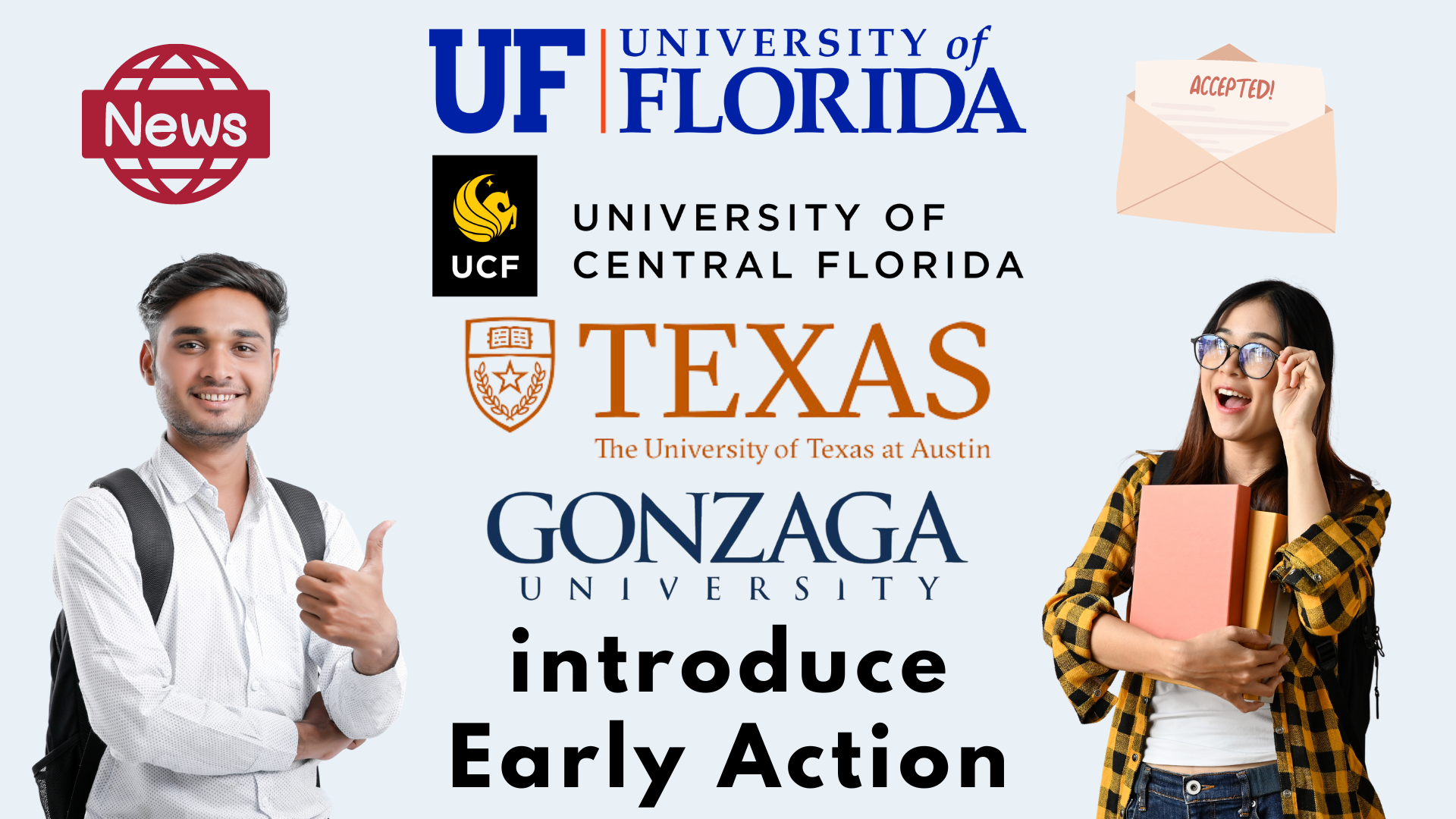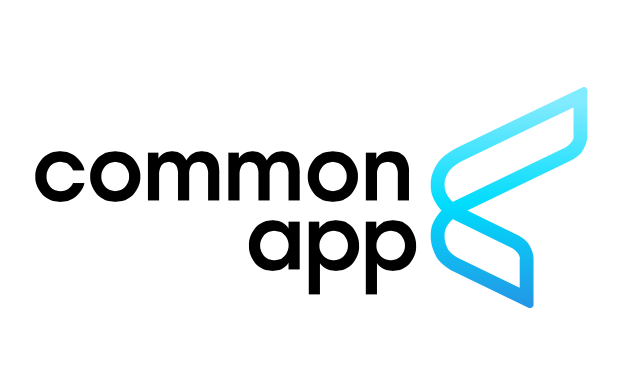 The UCAS Personal Statement is being put out to pasture by the powers that be in UK higher education – and for better or worse (depending on one’s perspective) this is going to be a long goodbye: the replacement for the UCAS Personal Statement isn’t slated to debut until Fall 2025 (for those applying for 2026 admission).
The UCAS Personal Statement is being put out to pasture by the powers that be in UK higher education – and for better or worse (depending on one’s perspective) this is going to be a long goodbye: the replacement for the UCAS Personal Statement isn’t slated to debut until Fall 2025 (for those applying for 2026 admission).
For those who don’t know, the UCAS Personal Statement has been a crucial part of the application process for undergraduate admissions to universities in the United Kingdom, including England, Scotland, Wales, and Northern Ireland for years. UCAS (Universities and Colleges Admissions Service) is the central organization that manages applications to higher education courses in the UK. For those more familiar with applying to college in the US, UCAS is functionally equivalent to the Common App.
The UCAS Personal Statement has served as an applicant’s opportunity to tell universities and colleges why he or she is applying to a particular course and why he or she should be offered a place. It allows an applicant to demonstrate his or her enthusiasm, qualifications, skills, and experience relevant to the course. Strong statements have typically included information such as:
-
- An applicant’s reasons for choosing the course and institution.
- Relevant academic achievements and qualifications (including predicted grades if applicable).
- Work experience or placements related to the subject area.
- Extracurricular activities, hobbies, and interests that demonstrate relevant skills.
- Personal qualities, skills, and achievements that make the applicant suitable for the course.
While there has been no strict format, an applicant’s Personal Statement generally includes an introduction, a main body where the applicant details his or her academic background and experiences, and a conclusion that summarizes why the applicant is a suitable candidate. UCAS suggests a maximum of 4,000 characters or 47 lines of text (including spaces and blank lines). This equates to around 500-800 words. The Personal Statement is a significant part of a student’s application alongside his or her academic qualifications. It allows a student to differentiate himself or herself from other applicants with similar grades. It has always been important to draft and redraft a statement, ensuring it’s clear, focused, and free from errors. The UCAS Personal Statement has been submitted electronically as part of an applicant’s UCAS application, typically by the application deadline, which is usually in mid-January for most undergraduate courses starting in September.
But, starting with the Fall 2025 admissions process (for those applying for 2026 entry), the Personal Statement is getting the hook!
According to UCAS, “Personal statements are changing from one longer piece of text to three separate sections, each with a different question to help shape the focus for students’ answers. Each section will have a minimum character count of 350 characters, which is clearly labelled on the question boxes, along with an overall character counter, to ensure students know if they’re on track. The new web page for submitting the personal statement will also feature helpful on-page guidance for each question.”
The new short answer questions developed for students who are increasingly challenged when it comes to attention span and writing skills are as follows:
- Why do you want to study this course or subject?
- How have your qualifications and studies helped you to prepare for this course or subject?
- What else have you done to prepare outside of education, and why are these experiences useful?
While the content of the personal statement will remain broadly the same, it will be split across three sections rather than one longer piece of text.
 The ACT is changing in two majors ways starting in 2025.
The ACT is changing in two majors ways starting in 2025. Duke University has released its
Duke University has released its  Caltech, hot on the heels of announcing that
Caltech, hot on the heels of announcing that  University of Chicago has revealed its 2024-2025 admissions cycle supplemental essay prompts, and they’re as distinctive as ever before.
University of Chicago has revealed its 2024-2025 admissions cycle supplemental essay prompts, and they’re as distinctive as ever before. Navigating the college admissions process can be a daunting task for students and their families. With so many steps and important deadlines, it’s easy to feel overwhelmed.
Navigating the college admissions process can be a daunting task for students and their families. With so many steps and important deadlines, it’s easy to feel overwhelmed.  3. Understand Admission Requirements
3. Understand Admission Requirements Cornell University in Ithaca, New York has introduced a new essay prompt that all first-year applicants must respond to in order to be considered for Cornell’s undergraduate Class of 2029.
Cornell University in Ithaca, New York has introduced a new essay prompt that all first-year applicants must respond to in order to be considered for Cornell’s undergraduate Class of 2029. Dartmouth College has released its 2024-2025 supplemental essay prompts for first-year applicants, and while some prompts from the past make a return appearance, new options pay homage to wild chimps and a much-loved Dartmouth football coach.
Dartmouth College has released its 2024-2025 supplemental essay prompts for first-year applicants, and while some prompts from the past make a return appearance, new options pay homage to wild chimps and a much-loved Dartmouth football coach. It started in Texas, gained traction in Florida, and has now spread to the Pacific Northwest. “It” is the advent of new Early Action admissions plans for high school seniors applying to college.
It started in Texas, gained traction in Florida, and has now spread to the Pacific Northwest. “It” is the advent of new Early Action admissions plans for high school seniors applying to college.